The much-respected visual artist Isaac Julien made his name as one of the first great black British filmmakers, not least with Looking for Langston (1989) and Young Soul Rebels (1991). While Steve McQueen moved from gallery art and installations to big-budget fiction movies, Julien has gone the other way, leaving narrative behind and finding his vocation as an artist rather than a story-teller.
His BFI film on Frantz Fanon, made in 1995, co-written and directed with Mark Nash, focuses on the story of the psychiatrist from Martinique who made his name as a vivid and penetrating theoretician of revolution; it's treated obliquely in the complex form of an experimental and multi-layered essay, that follows chronological time, avoiding many of the comforting tropes of the documentary portrait. Themes that touch on Fanon’s brilliant and ground-breaking analysis of violence, racism and anti-colonial struggle have been treated in recent films such as Raoul Peck’s I Am Not Your Negro (2016) and Göran Olsson’s Concerning Violence (2014). Julien covered much of the same ground over 20 years ago, and anyone inspired by these two excellent recent films will find his deeply moving and intellectually penetrating film about Fanon equally powerful.
 Frantz Fanon - Black Face White Mask mixes a variety of elements, newsreel, reconstruction, talking heads, and voiceover, in a way that was no doubt meant to keep viewers on their intellectual toes, repeatedly questioning the mode of exposition and forcing us to reflect on what John Berger called "ways of seeing", the construction of perception that is as true of watching film or still images as it is in “real" life. The mix feels at times a little didactic and the imprint of conceptual art and film theory at times gets in the way of an already many-layered approach to the subject.
Frantz Fanon - Black Face White Mask mixes a variety of elements, newsreel, reconstruction, talking heads, and voiceover, in a way that was no doubt meant to keep viewers on their intellectual toes, repeatedly questioning the mode of exposition and forcing us to reflect on what John Berger called "ways of seeing", the construction of perception that is as true of watching film or still images as it is in “real" life. The mix feels at times a little didactic and the imprint of conceptual art and film theory at times gets in the way of an already many-layered approach to the subject.
The contributors are excellent, notably Stuart Hall, lucid as ever, the French cultural critic Françoise Vergès, and some of the staff of the hospital in Blida (Algeria) where Fanon worked for several years during the bloody Algerian war of independence.
Touching as it does on the dark heritage of the violence so deeply inscribed in the history of colonialism and wars of liberation, the film is as relevant today as it was in 1995. Events in the Middle East and on the streets of America suggest that this is emotional and psychological baggage that cannot just be wished away.

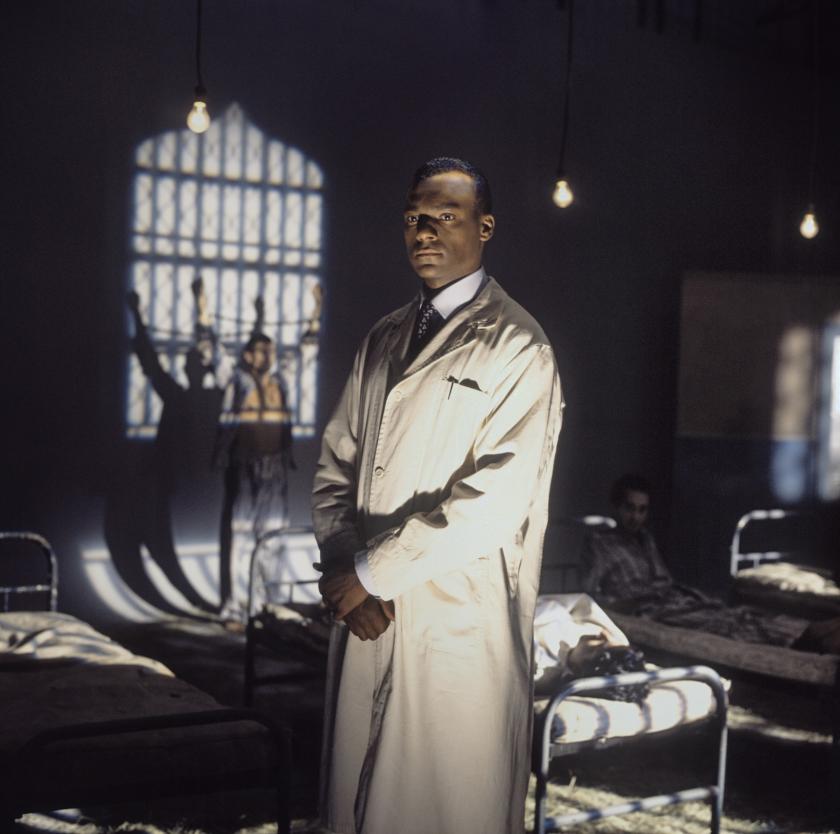


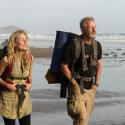
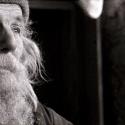
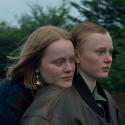
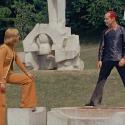
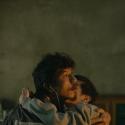
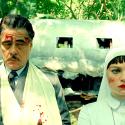

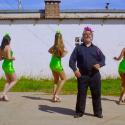

Add comment